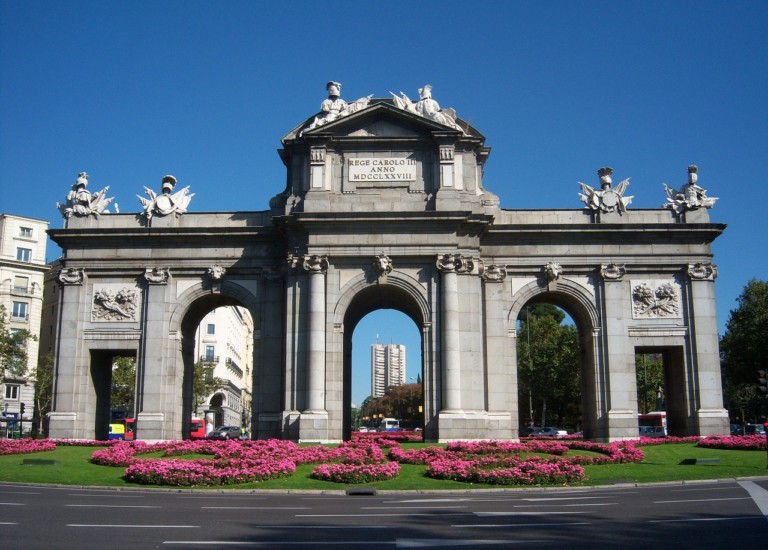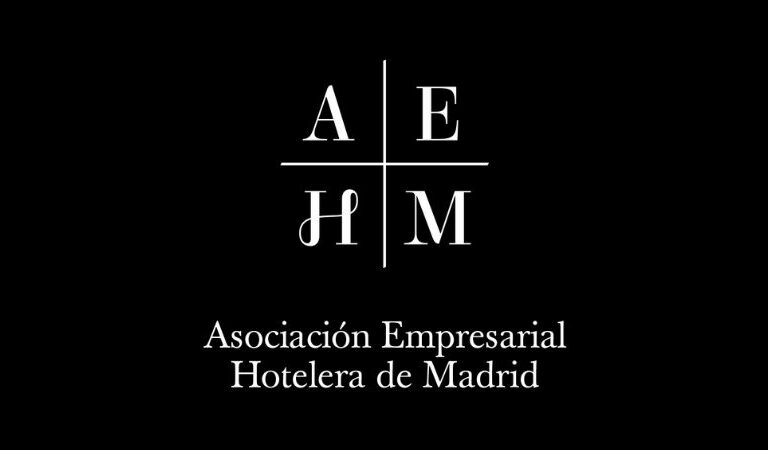Madrid, September 26, 2019 – From the Hotel Business Association of Madrid (AEHM) we want to claim to the different administrations in an important date for us, as is the ‘World Day of Tourism’, a greater weight of this sector in the State policy.
In addition to reformulating many of the measures implemented to date and calling on the different governments and political parties that are resolutely committed to the tourism and hotel industry, in the AEHM we consider it necessary to develop a new model of tourism governance that adapts to the reality of the times and is able to respond to the challenges faced by both sectors.
However, we believe that the success of this new “formula” will be conditioned by the economic investment and the approach that the different administrations want to give it. Therefore, we can only ask them to bear in mind that tourism is an engine of economic growth, sustainable development, transformation, job creation and social welfare. In fact, its contribution to GDP in 2018 was 14.6% with a total of 2.8 million workers, which represented 14.7% of the country’s employment.
In the AEHM we believe that today is an appropriate day to value all the potential that this sector has, but also to remember the need to strengthen public-private collaboration to continue along the path of growth at all levels: visibility of the destination, generation of jobs, sustainability and innovation. In this sense, and in order to watch over the sustainable tourism model that we at the Association are committed to, we remind the administrations of the urgent need to curb unfair competition through effective regulations that allow them to conserve the environment and maintain the essence of cities. Only in this way will we be contributing to achieving the Sustainable Development Goals (SDS) set by the United Nations.
The World Tourism Organization (UNWTO) has chosen the theme ‘Tourism and employment: a better future for all’ for this year. And the reason is clear: it is necessary to raise awareness about the social, cultural, political and economic value of this sector. How technological advances and innovations can contribute to the creation of intelligent cities that are in harmony with the environment and that generate more and better jobs.
To conclude, we would like to point out that today’s professionals in the tourism industry face the challenge of the digital revolution. A challenge that can only be overcome if, among others, legislation is revised to encourage innovation or entrepreneurship; if aid or subsidies are granted to finance new technologies; if investment in people’s skills is increased, as well as in work institutions and, above all, if there is cooperation and communication between the agents involved.



